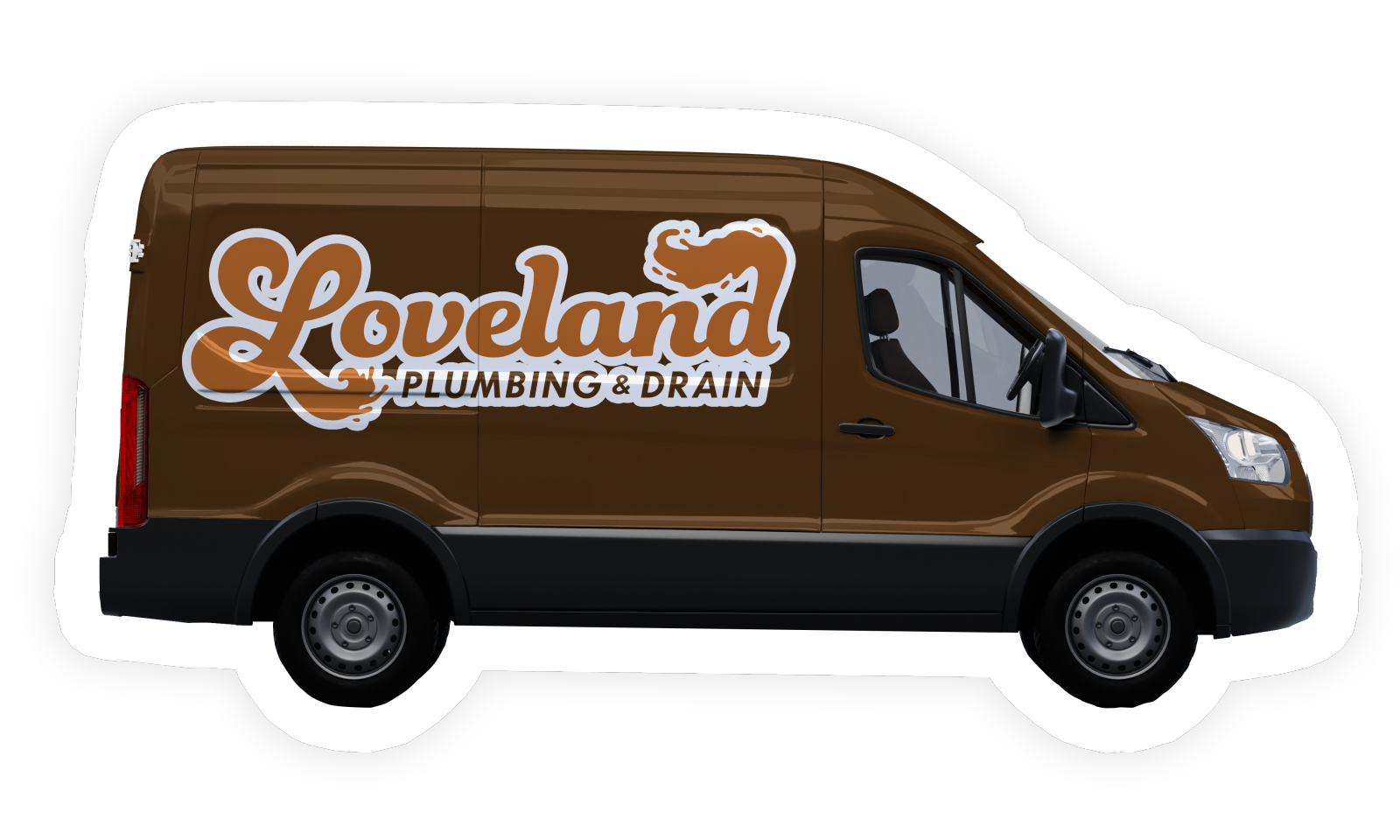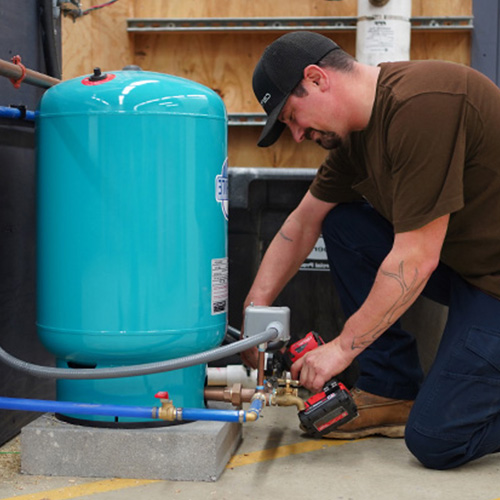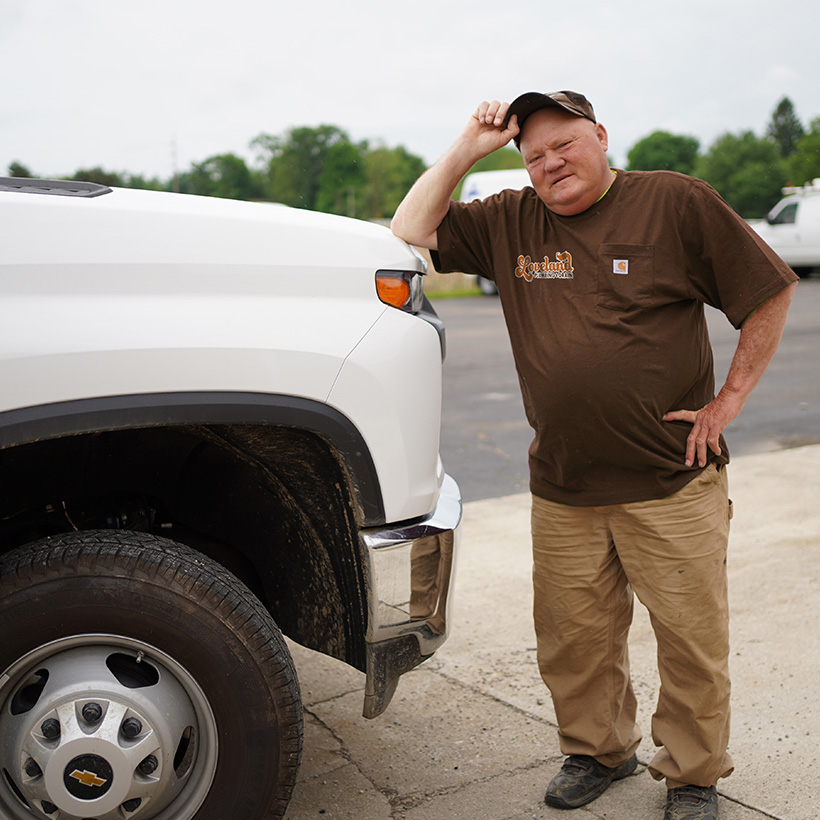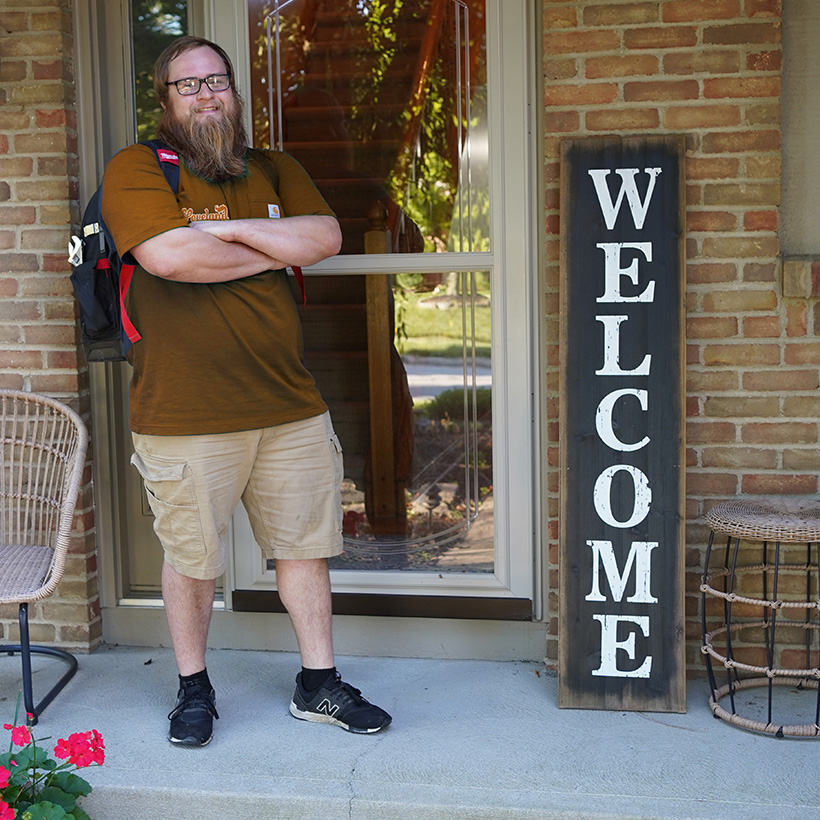
Points of Inspection
Basins, Sinks & Faucets
- Faucets
- Sinks
- Basins
- Showers
The inspector will also check for any problems that could cause a leak or breakage, such as old pipes or faulty parts. They may also check for any signs of damage caused by pests like rodents or insects.
Exposed Pipes and Plumbing System
When a plumbing inspection is performed, the professional inspector will examine your pipes for leaks, corrosion, and other signs of damage. If you notice that one or more of your faucets are dripping, this indicates that there may be a leak in the system somewhere. Leaks can also occur around the exterior of your home or in its yard.
The inspector will check for signs of leaks around both interior and exterior pipe connections by looking for stains on walls and floors that indicate water leakage from below ground level. He’ll also check for leaks in basements (as well as any other underground areas) by looking for stains on concrete slabs or dirt floors that indicate seepage from below ground level.
Washers, Hot Water Heaters, and Other Appliances
- Hot Water Heaters: If your hot water heater is more than 10 years old, or if you have had repeated problems with it (such as a leaky hose or gas leaks), it may be time for a replacement. A good rule of thumb is to replace your hot water heater every 10 years—and sooner if there are any signs of trouble.
- Dishwashers: To keep your dishwasher running efficiently, check for leaks once every three months by adding food coloring into the detergent cup and running the normal cycle (without dishes). If food coloring appears in the bottom of the machine after three hours of running through cycles, there’s a leak somewhere inside your appliance—and it should be repaired immediately before mold begins to grow inside!
All Other Pipes
All other pipes, including pipes that are not normally visible or easily accessible. We can test the integrity of your pipes with dyes and video inspection to make sure everything is functioning properly.
A plumbing inspection is an important part of regular maintenance, and should be performed once a year. Your local plumber will check your system for leaks, corrosion and other issues that could lead to costly repairs down the road. Beyond being a preventative measure, having your plumbing inspected before selling your home will give buyers peace of mind when they purchase your property.
If you’re planning on making any major renovations or additions to your home—and especially if you plan on putting it up for sale—a thorough inspection by professional plumbers is highly recommended.
Plumbing Inspections
They Help You Uncover Drain Blockages
Plumbing inspections in Loveland, OH can help you find problems before they become serious. They’ll check for water leaks, drain blockages, leaking pipes and faucets. They will also look at the following:
- Leaking toilets
- Leaking showers
- Leaking sinks
- Leaking garbage disposals (waste disposers)
- Leaking water heaters and water softeners
Choose Loveland Plumbing & Drain for Plumbing Inspections in Southwest, OH
Choose Loveland Plumbing & Drain for your plumbing inspection needs. We are family-owned and operated in Loveland, OH and have been in business for over ten years. We have a great reputation within the community because of our customer service and continuous quality workmanship. Our team is fully licensed, bonded and insured so that you can rest assured knowing that we will treat you with respect as well as provide you with the best service possible!
If you’re looking for a professional plumber in Southwest OH, you can count on us. We have years of experience and offer 24/7 emergency services to help keep your home running smoothly. Call today to schedule an inspection!
Plumbing Inspection FAQ
HOW DO PLUMBERS FIND WATER LEAKS?
Plumbers have a number of different ways to detect water leaks. Some common techniques include:
- Listening for the sound of running water in walls and floors
- Placing listening devices on walls or floors in places where you suspect a leak may occur, like around faucets and toilets. These devices are sensitive enough to pick up the slightest sounds from running water flowing through pipes.
- Using water meters (a tool that measures how much water is being used) to detect suspiciously high usage rates.
- Inspecting sinks, showers, faucets, toilets, washing machines and other appliances for any signs of leakage when turned on or in use (such as wet spots). This can be done by simply looking visually at the appliance; however sometimes this isn’t enough so that plumbers will use special equipment to take samples of what’s going into your plumbing system before using either dye testing or infrared technology as well as other methods such as tank level gauges which tells them exactly how much storage capacity there is left inside your hot water tank while also determining whether there are any defective elements within it).
HOW DO I KNOW IF THERE’S A LEAK IN MY SANITARY SEWER LINE?
The most common signs of a leak are wet spots on the floor and pooling water in the basement. However, if you’re having these issues, there may be other things that can be checked as well:
- Check for water stains on ceilings above sinks and toilets. This is an indication that there are leaks in those areas.
- Look for dampness around your sink or toilet and see how long it takes for it to dry up once you’ve cleaned it up. If either one stays damp for several days after being cleaned, then there is probably something wrong with your plumbing system.
WHAT ARE THE MOST COMMON PLUMBING PROBLEMS?
- Leaking faucets
- Leaking toilets
- Leaking pipes
- Leaking water heaters
- Leaking shower valves
- Leaking drains
- Garbage disposal leaks
- Dishwasher leaks




